Small Business Logistics Guide: Tips, Solutions, and Strategies for Keeping Profits High
Alice Warnier
May 1, 2024

Between inflation, snarled supply chains, and employee shortages, businesses are facing multiple challenges. To meet the elevated expectations of the customer and get products and services to them in a timely fashion requires businesses to be focused on logistics. When small businesses successfully handle logistics, it's more efficient, lowers costs, and increases customer satisfaction.
What is small business logistics?
Definition and Key Components
Small business logistics includes the processes and activities involved in managing the flow of goods from the point of origin to the final destination. Key components of small business logistics include:
- Transportation: Ensuring products are moved efficiently from one location to another.
- Warehousing: Storing goods efficiently until they are needed.
- Inventory management: Keeping track of stock levels to prevent overstocking or shortages.
- Order fulfillment: The complete process from receiving an order to delivering it to the customer.
- Customer service: Managing customer interactions and ensuring satisfaction with logistics services.
The Importance of Logistics to Small Business Success
Small business logistics may not always be top of mind for business owners, but its significance can't be overstated. It's the invisible engine that keeps operations running smoothly. Here’s why it’s so important:
- Optimized Operations: By streamlining processes and eliminating inefficiencies, small business logistics optimization boosts productivity and reduces costs. Whether it's minimizing transportation time or maximizing warehouse space utilization, every aspect of operations becomes better.
- Enhanced Customer Satisfaction: In the age of instant gratification, customers expect nothing less than speedy and reliable service. Timely delivery, accurate order fulfillment, and responsive customer service are the pillars of customer satisfaction. When a small business nails these aspects, it not only delights customers but also earns their loyalty.
- Competitive Advantage: Small businesses often face stiff competition from larger corporations with deeper pockets and more extensive resources. However, efficient small business logistics can level the playing field. By offering faster delivery times, more flexible shipping options, or superior customer service, small businesses can carve out a niche and differentiate themselves from the competition.
- Cost Savings: It's no secret that running a business comes with expenses. But effective logistics management can help small businesses trim the fat and boost the bottom line. By optimizing transportation routes, minimizing inventory holding costs, and avoiding costly delays, small business logistics optimization can lead to significant cost savings over time. Every dollar saved in logistics expenses is a dollar that can be reinvested into the business for growth.
- Scalability: One of the hallmarks of a successful small business is its ability to grow sustainably. And logistics plays a crucial role in this journey. A well-designed logistics system can scale alongside the business, effortlessly handling increased order volumes, expanding into new markets, and adapting to changing customer demands. Whether it's ramping up production during peak seasons or expanding distribution networks to reach new customers, logistics flexibility is key to unlocking growth opportunities.
In essence, logistics is the backbone of small business success. It's the invisible thread that ties together every aspect of operations, from procurement to delivery.
Differences Between Small and Large Business Logistics
While bigger isn’t always better, big businesses enjoy certain advantages over small businesses due to scale. Shipping and logistics are one area where big businesses have an advantage. With access to more resources, big businesses have greater flexibility to handle issues. Among those resources may be a team of people dedicated solely to logistics. They can reroute fleets and reschedule delivery by turning to other resources the business operates.
A second advantage is pricing. Because big businesses do more business, their partners give them better rates. These cost savings may be applied to improving the logistics system further to enhance the bottom line. On the other hand, small businesses will pay higher rates for shipping and delivery services and be last in line should issues arise, leaving it more difficult to satisfy their customers.
Thank you for reading this article. Please enjoy $40 off any Curri delivery by clicking on this link to sign-up.
Logistics Small Businesses are Responsible for
Despite the challenges, logistics is very important for small businesses. It includes everything from keeping track of inventory to filling orders and managing transportation. To succeed in today's competitive market, small businesses need to be good at these important tasks to run smoothly and keep customers happy.
Inventory Management
Effective inventory management is crucial for small businesses. It involves maintaining a delicate balance between having enough stock to meet customer demand and avoiding excess. Regular audits are necessary to make sure that what's on the books matches what's in the warehouse. Moreover, demand forecasting, using historical sales data, helps anticipate future needs, allowing for smarter purchasing decisions. Lean inventory techniques, such as Just-In-Time (JIT) inventory, minimize holding costs and reduce waste, enabling more efficient operations.
Order Fulfillment Processes
The order fulfillment process is a pivotal part of a small business's logistics. It starts with efficient order processing systems that reduce lead times and improve customer satisfaction. The next steps, picking and packing, must be streamlined to make sure orders are prepared accurately and swiftly. Finally, selecting the right shipping partners and methods affects both delivery times and costs, which in turn influences overall customer satisfaction.
Transportation Management
Transportation management for small businesses involves selecting the most effective transportation methods and routes to ensure timely and cost-effective delivery. Choosing the right carriers based on cost, reliability, and speed is crucial. Furthermore, using route optimization tools can reduce fuel costs and delivery times, enhancing efficiency. Small businesses might also consider multi-modal transportation—combining different modes of transport—to achieve faster delivery and cost savings.
Customer Returns and Reverse Logistics
Managing customer returns efficiently is essential for maintaining customer trust and satisfaction. Small businesses should establish clear and customer-friendly return policies that enhance transparency and build trust. The return process itself needs to be efficient, from receiving and inspecting returned items to processing them. Properly managing these returns, whether by restocking, refurbishing, or recycling, helps recover value and reduce waste.
The Logistics Challenges Small Businesses Face
Small businesses often grapple with the complexities of logistics, facing unique challenges that can impact their efficiency and competitiveness. Addressing these challenges effectively is crucial for growth and customer satisfaction. Here’s how small businesses can tackle some common logistics issues:
Limited Resources and Budget Constraints
Small businesses often have limited financial resources, which restricts their ability to invest in the necessary technologies and personnel for managing logistics. This limitation not only affects their capacity to streamline logistics operations but also puts them at a disadvantage compared to larger competitors. The challenge is to find cost-effective ways to improve logistics without substantial investments.
Adapting to Market Changes
The business landscape is dynamic, with frequent changes in consumer preferences, supply chain disruptions, and economic conditions. Small businesses must be agile and responsive to these changes to remain competitive. However, the lack of a robust logistics infrastructure can make it difficult for them to adjust their operations quickly and efficiently. This challenge requires small businesses to develop flexible logistics strategies that allow them to respond swiftly.
Efficiently Managing Returns
Returns management is a critical component of customer service, particularly for businesses engaged in e-commerce. Efficiently handling returns is essential for maintaining customer satisfaction and loyalty. Small businesses often struggle with setting up an effective process that allows for quick and cost-effective handling of returned items. The logistical challenges include organizing returns, processing them quickly, and managing the restocking or disposal of returned goods, all while keeping costs low and customer satisfaction high.
How Curri’s Logistics Solutions Empower Small Businesses
People often sing the praises of small businesses - the backbone of the country. However, as every small business owner knows, competing against larger competitors is challenging. Partnering with Curri and its advanced logistics system and fleet helps small businesses level the playing field when it comes to delivery.

Curri’s fleet network becomes their fleet, allowing them to scale up and meet the demands of their customers. Our innovative logistics solutions are designed specifically to address the unique challenges faced by small businesses.
Thank you for reading this article. Please enjoy $40 off any Curri delivery by clicking on this link to sign-up.
Timely Deliveries with Same-Day Service
Customers, particularly in the construction industry, need same-day delivery. Falling behind due to a delay in delivery of parts/equipment is costly. Ensuring the right products get delivered to the correct construction site is a complex operation. By having Curri to help with the logistics involved, small businesses can feel confident that contractors will receive their orders on time, allowing them to move forward on their projects.
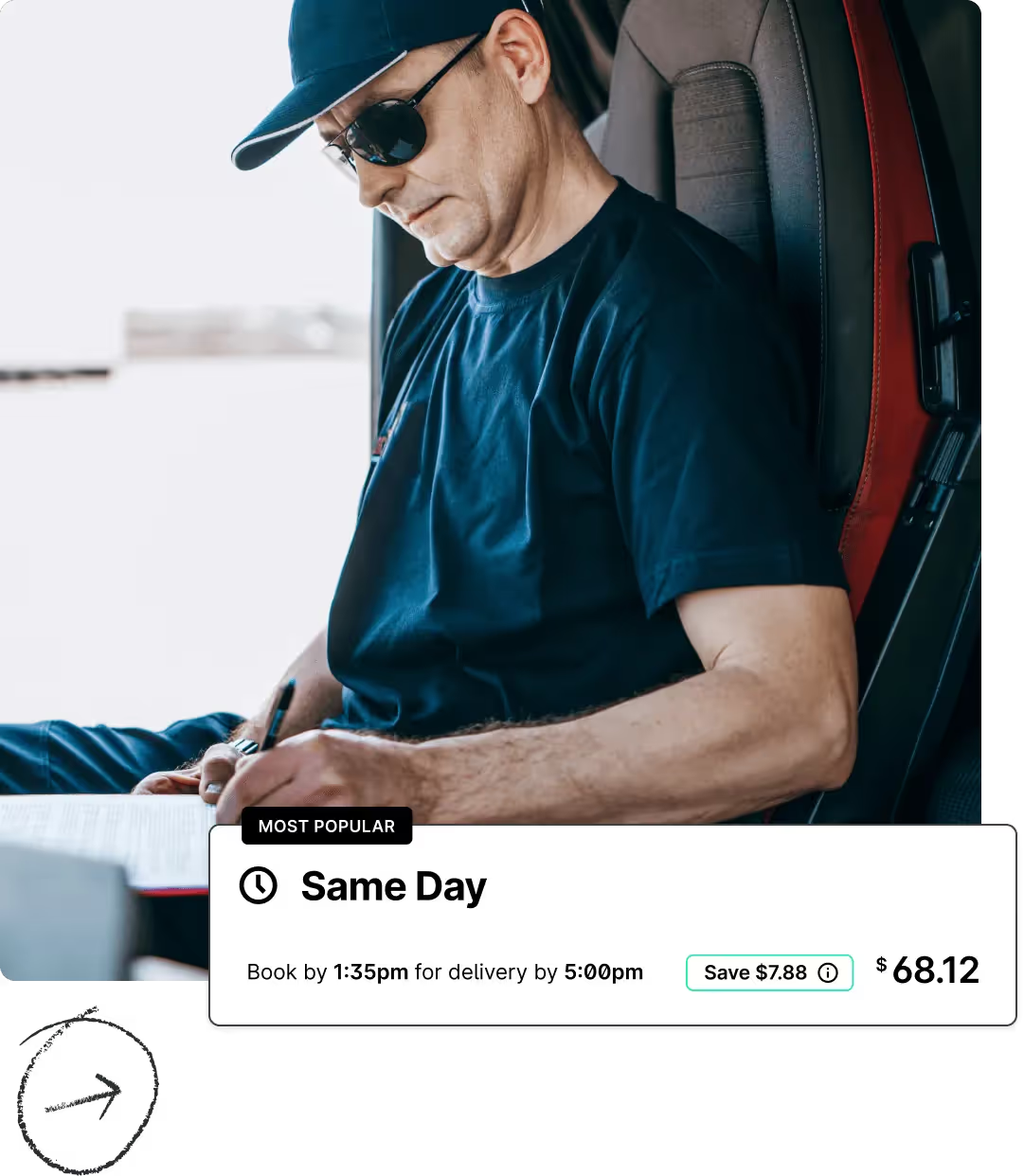
Improved Customer Service
Have you ever had a company give you a wide range of times of when they will show up with your delivery only to show up at the last minute or, even worse, not at all? When you are waiting for a delivery that is crucial for a construction project, a delayed delivery can be maddening. With an advanced logistics system and a large fleet, you can deliver greater certainty to contractors as they will get the goods in a reasonable amount of time as promised. That’s the type of customer service that will lead to happy customers.
Reduced Fleet Expenses
Building a fleet of vehicles is often out of reach for small businesses. The costs of vehicles, insurance, and fuel is hard to stomach.Not to mention the costs and issues that comes with hiring drivers. By working with Curri, you only pay for delivery services when you need them. Our on-demand fleet is ready to go whenever you need it to make timely deliveries.
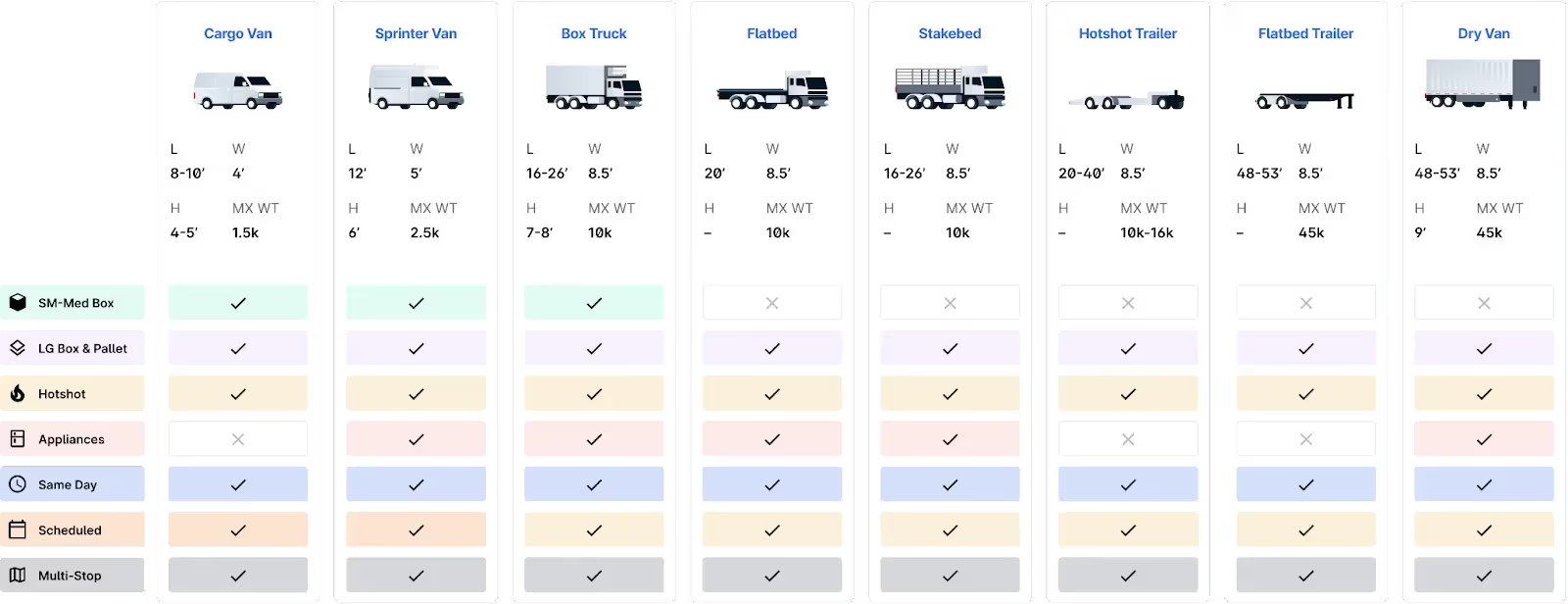
Adapting to Market Demands with Flexible Staffing
Maintaining the right number of staff always involves a bit of guesswork. For a small business, one day the employee(s) may be focused on one element of the business, and the next day another. Heck, it could change hour to hour.
Flexibility is the key. When using a partner such as Curri, employees can take delivery off their list of things to focus on. It allows employees to concentrate on other aspects of the business.
Break Supply-Chain Bottlenecks
Supply chain bottlenecks occur because of a breakdown in logistics. Products are not moving through the system at a pace that will produce enough supply to meet demand. To break supply chain bottlenecks and get your goods to the contractors in the field, you need to improve your logistics. Having a fleet on call to make deliveries means the end of the bottleneck on the final mile.
Live-Tracking and Proof-of-Delivery
Knowing products are being delivered can be a relief. With live tracking of delivery and proof-of-delivery capabilities, you and your customers get certainty. Contractors don’t have to wonder and hope about when a delivery will happen. And as a small business owner, you can assure your customer regarding delivery and prove delivery occurred. In addition to adding certainty, this adds credibility.
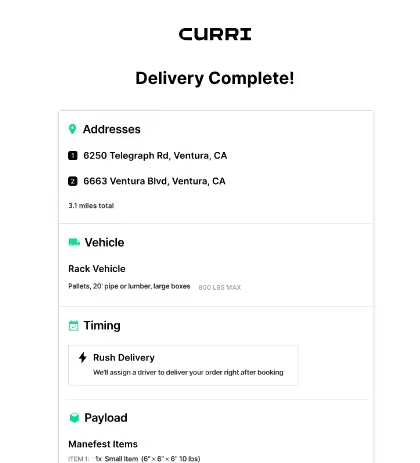
Advanced Technologies in Small Business Logistics
Building on the logistics solutions provided by Curri, it’s crucial for small businesses to embrace advanced technologies that can further enhance their operational efficiency. These technologies are key to optimizing various logistics tasks and gaining a competitive edge in today's market. Here’s a closer look at how small businesses can leverage cutting-edge logistics software to streamline their operations:
Leveraging Logistics Software for Enhanced Efficiency
Modern logistics software equips small businesses with powerful tools that automate and optimize critical logistics functions. From inventory management systems that accurately predict stock needs to pricing software that helps you adjust pricing based on demand, there are a range of tools available.. By reducing manual tasks, minimizing errors, and saving time, small businesses can focus more on strategic growth and customer engagement.
Types of Small Business Logistics Software
Embracing specialized software solutions is pivotal for small businesses aiming to streamline their logistics operations. Here, we delve into three critical types of logistics software—transportation, inventory management, and fulfillment—that can transform the efficiency and effectiveness of small business logistics.
Transportation Software
Transportation software is essential for optimizing the delivery and distribution aspects of logistics. Curri's platform, which specializes in middle and last-mile delivery solutions, exemplifies how transportation software can benefit small businesses. By providing flexible transportation options across various vehicle types and sizes—from small cars to large trucks—Curri ensures that businesses can meet their delivery needs without the overhead of maintaining a diverse fleet. Additionally, Curri's software offers route optimization features that save time and reduce costs by identifying the most efficient paths for delivery.
Inventory Management Software
Effective inventory management is crucial for maintaining the balance between demand and supply. Modern inventory management software helps small businesses keep track of stock levels in real-time, predict demand trends, and automate restocking processes. This type of software minimizes the risks of overstocking or running out of stock, which can be particularly costly for small businesses.
Fulfillment Software
Fulfillment software streamlines the process from receiving an order to delivering it to the customer's doorstep. This software automates parts of the picking, packing, and shipping process. For small businesses, this means faster order processing times, fewer errors in shipments, and improved customer satisfaction. Additionally, fulfillment software often integrates with other systems like inventory management and customer service platforms.
By adopting these types of logistics software, small businesses can significantly enhance their logistics operations.
Thank you for reading this article. Please enjoy $40 off any Curri delivery by clicking on this link to sign-up.
Curri's Impact on Efficiency and Growth in Small Business Logistics
Mission Moulding, a specialist in building materials based in San Diego, showcases the transformative potential of Curri’s small business logistics solutions. Before partnering with Curri, they faced significant challenges in managing deliveries of their diverse product range, including mouldings, doors, and hardware. The high costs and inefficiencies of maintaining their own fleet were notable hurdles. They used Curri to address multiple facets of their delivery and distribution challenges, resulting in significant improvements across their operations.
Here are the key results from the partnership.
- Sales Impact: By integrating Curri’s same-day delivery services, Mission Moulding achieved a 10% increase in retail sales. This boost came from being able to meet the immediate delivery expectations of their customers.
- Delivery Efficiency: The adoption of Curri led to a 40% jump in delivery requests, meeting the growing demands from both contractors and retail customers.
- Speed of Service: Materials were delivered within a 1-hour window, ensuring that items arrived same-day to construction sites and homes shortly after request.
Moreover, Curri’s reliable and timely deliveries enhanced customer satisfaction and efficiently managed last-minute orders. As Mission Moulding continues to grow, Curri’s scalable solutions ensure that their delivery services can expand accordingly, seamlessly managing larger order volumes as customer demand increases.
FAQs About Small Business Logistics
What Are the Best Logistics Practices for Small Businesses?
If you can only choose two areas to focus on, think about inventory management systems and optimizing deliveries.
How Can Third-Party Logistics (3PL) Benefit Small Businesses?
Third-party logistics providers offer outsourced logistics services to other businesses. They can help reduce overhead, provide expertise in logistics operations, offer scalability to match business growth.This lets business owners focus on core activities. However, it could come at the cost of quality control.
What Should Small Businesses Look for in a Logistics Partner?
Small businesses should seek a logistics partner with the following characteristics:
- Reliable
- Integrates with existing systems
- Scalability
- Customer service and training
Conclusion
As you can see, there’s a lot that goes into small business logistics. Throughout this guide, we've explored various strategies and solutions that can help small businesses optimize their logistics operations. From adopting best practices and leveraging advanced technologies to partnering with reliable third-party logistics providers like Curri.
Curri can help your business deliver materials and goods, whether it’s to contractors in the field or branch-to-branch deliveries. When you partner with Curri, our platform allows you to compete with bigger businesses. You have a fleet at your disposal and on-call 24/7. Whether it's for an LTL, FTL, a daily route, or a hotshot, Curri can elevate your operations to the next level.
You can learn more by requesting a demo or creating a free account. Thank you for reading this article. Please enjoy $40 off any Curri delivery by clicking on this link to sign-up.
.png)









.jpg)
.jpg)
.jpg)
.jpg)
.jpg)
.jpg)


.avif)
-min.avif)

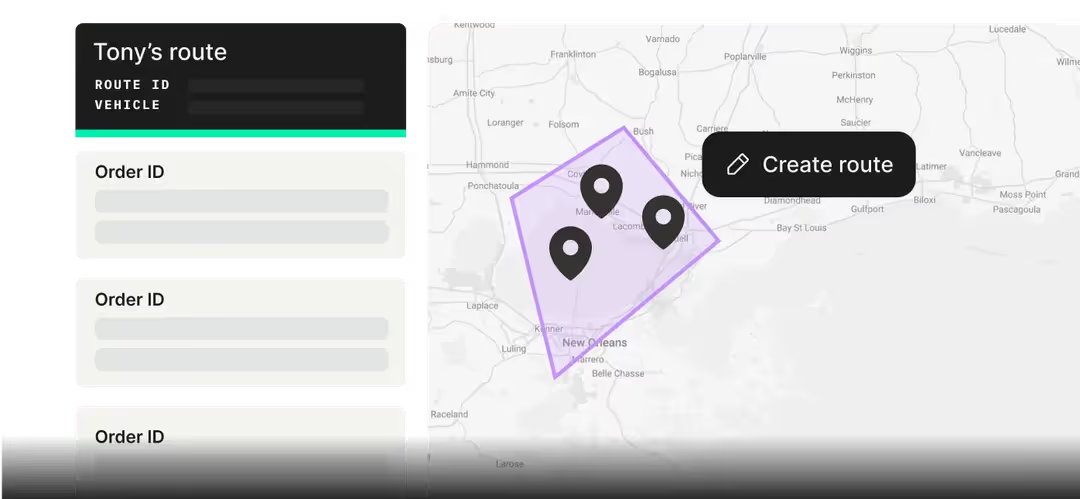
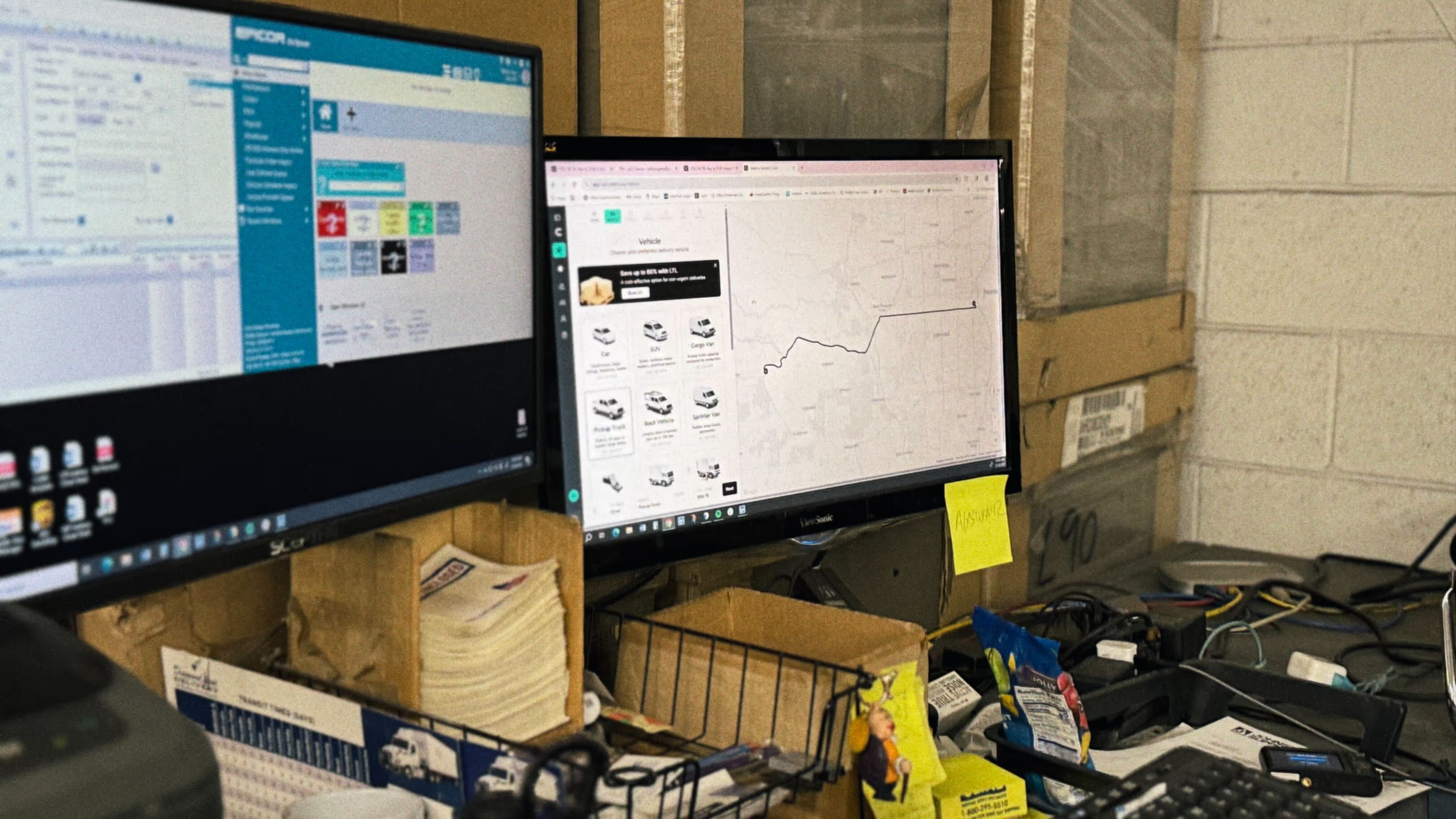
-min-min-min.avif)

.avif)
-min.jpeg)


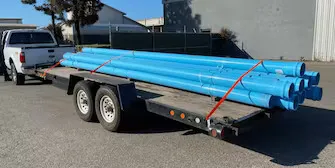
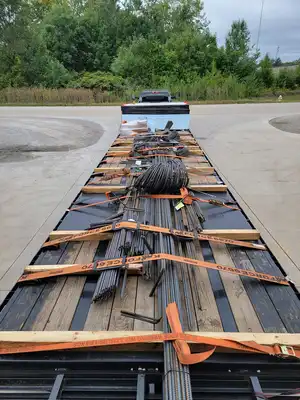

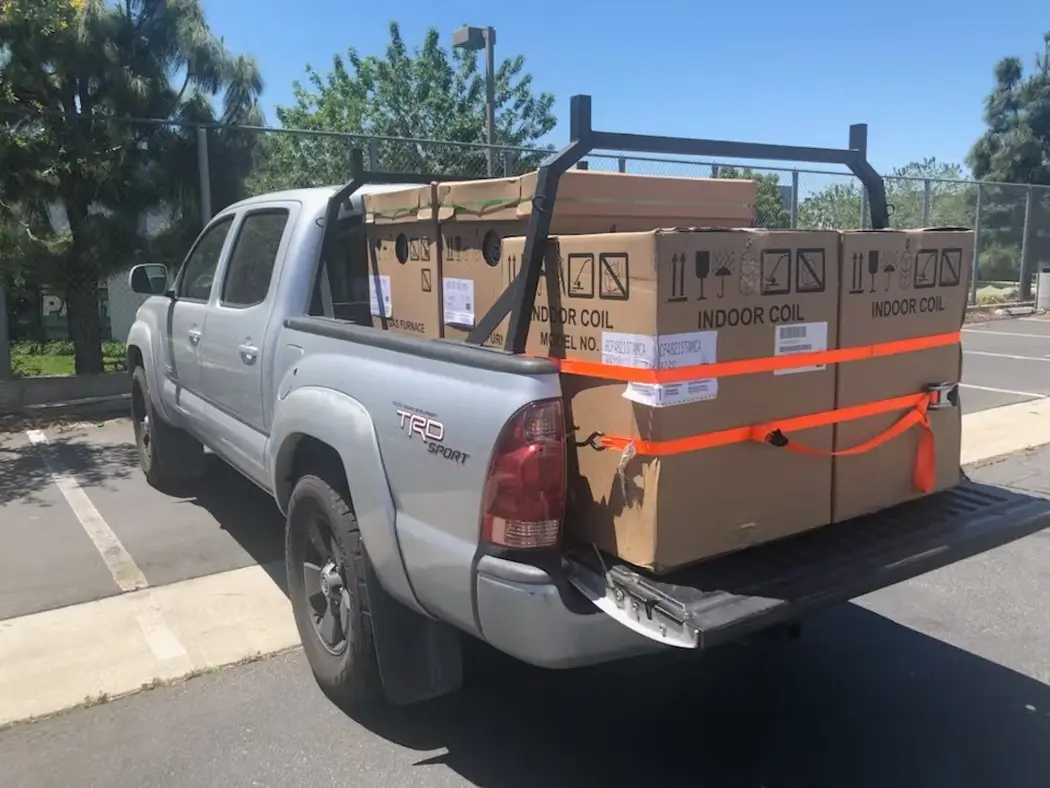
-min.webp)
.webp)
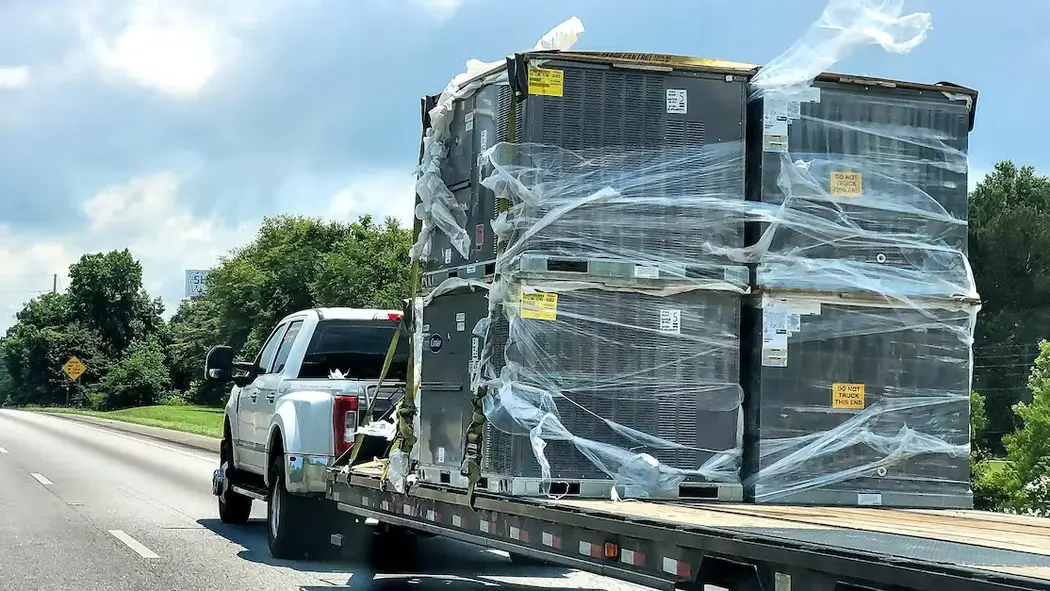


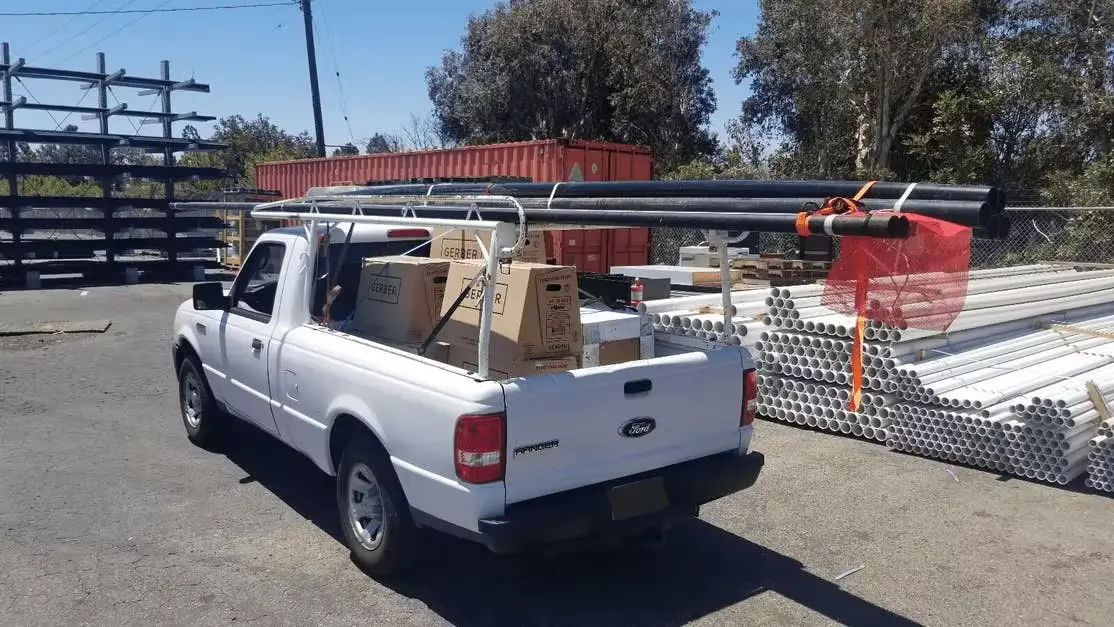

.webp)

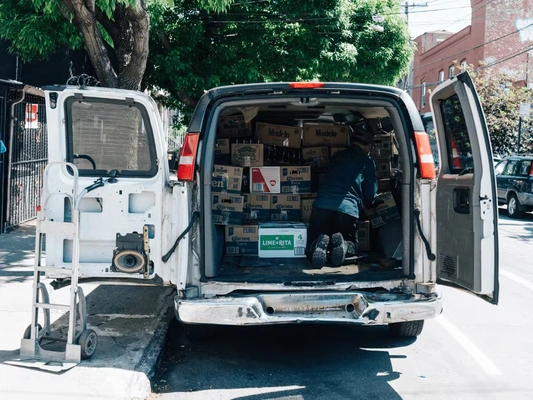


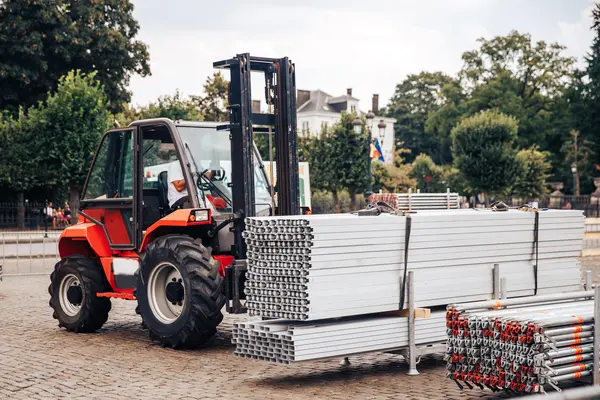
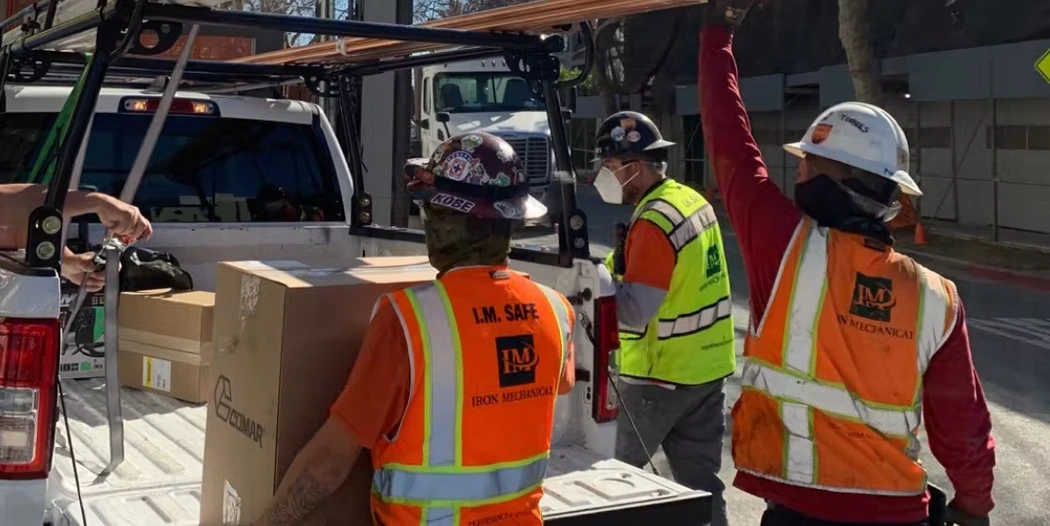





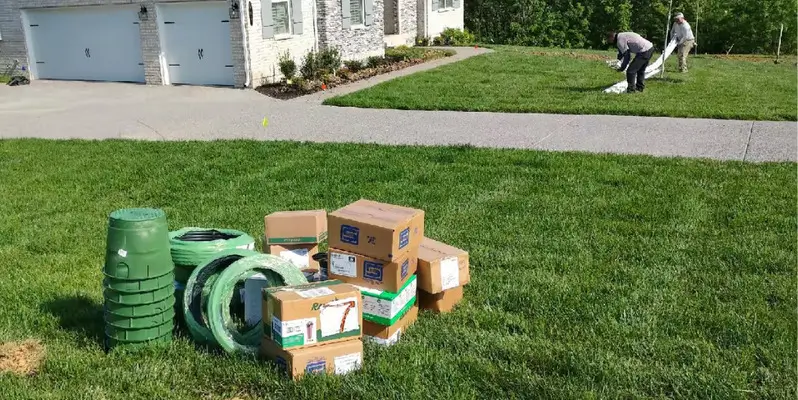
.webp)
-min.avif)


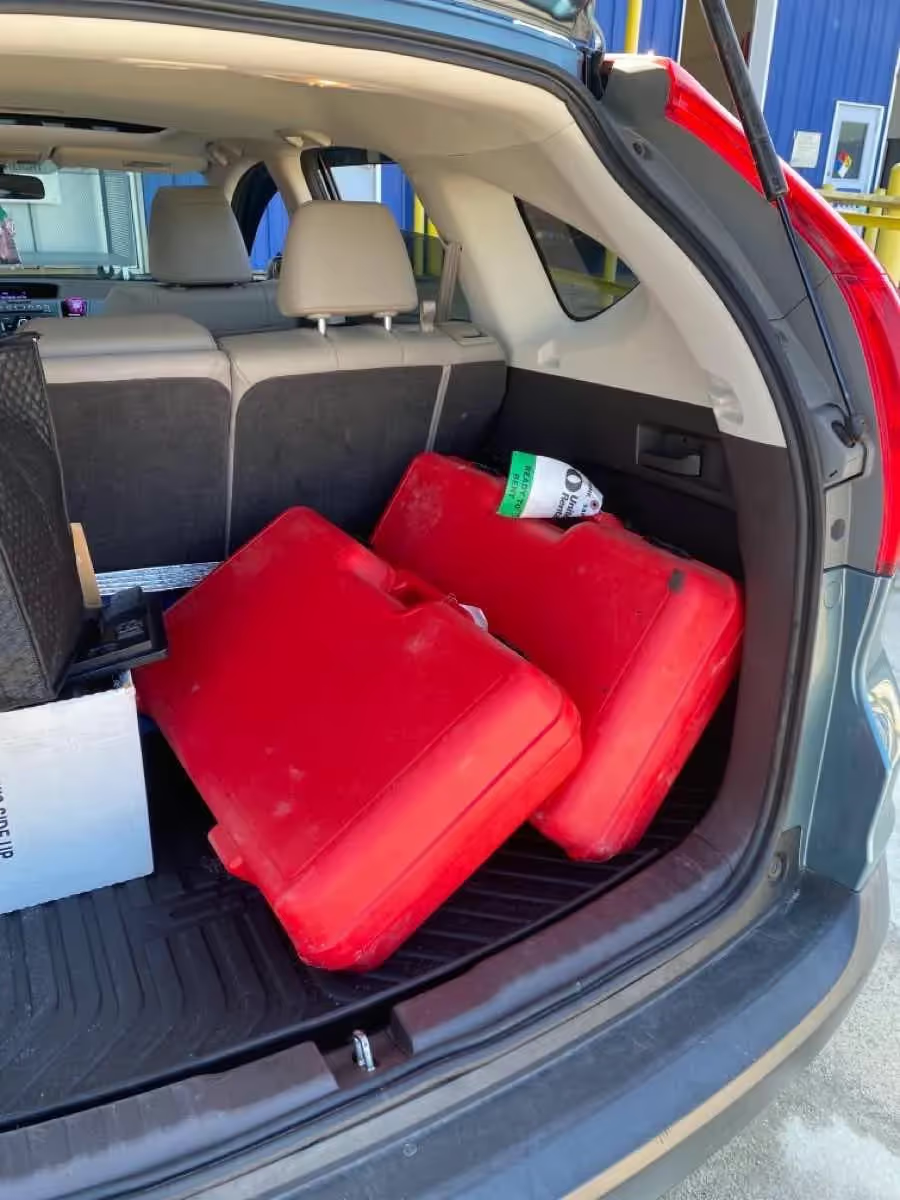

-min%2520(1).avif)


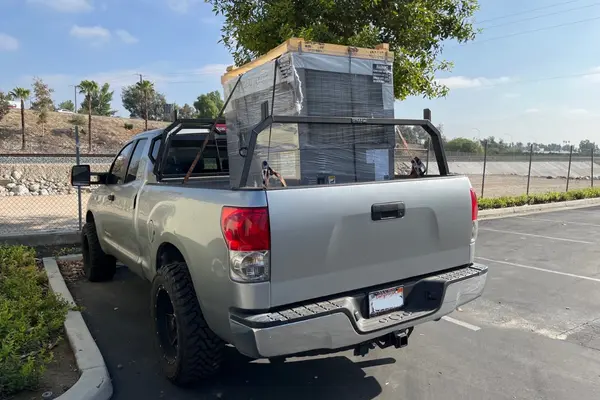


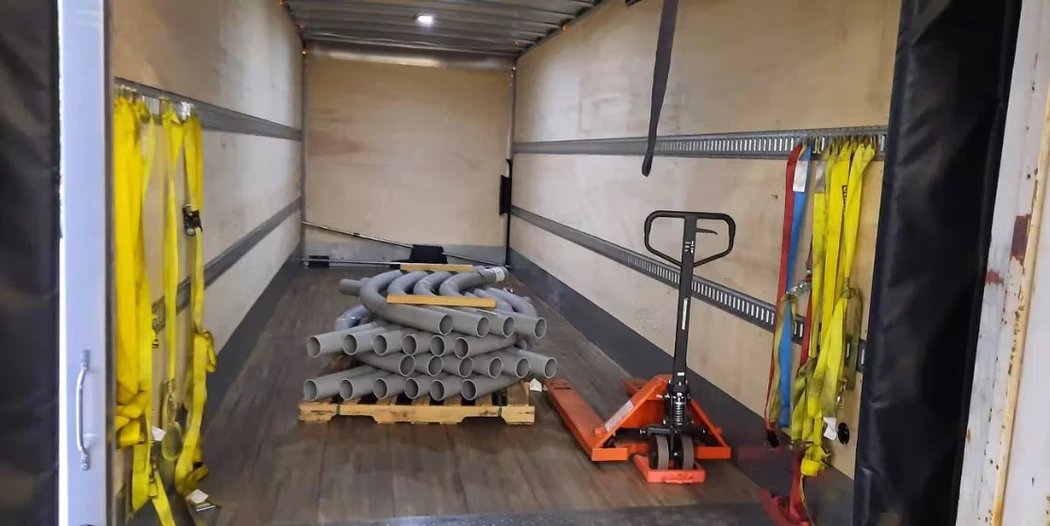
.avif)
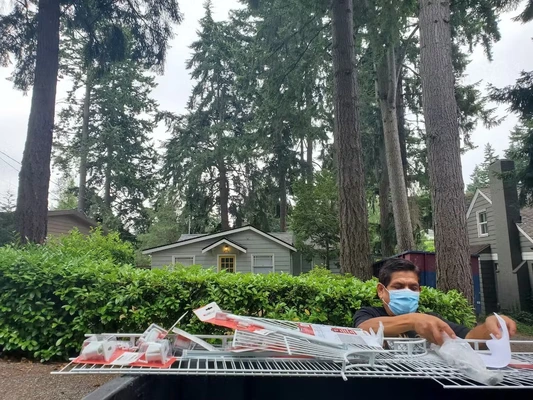

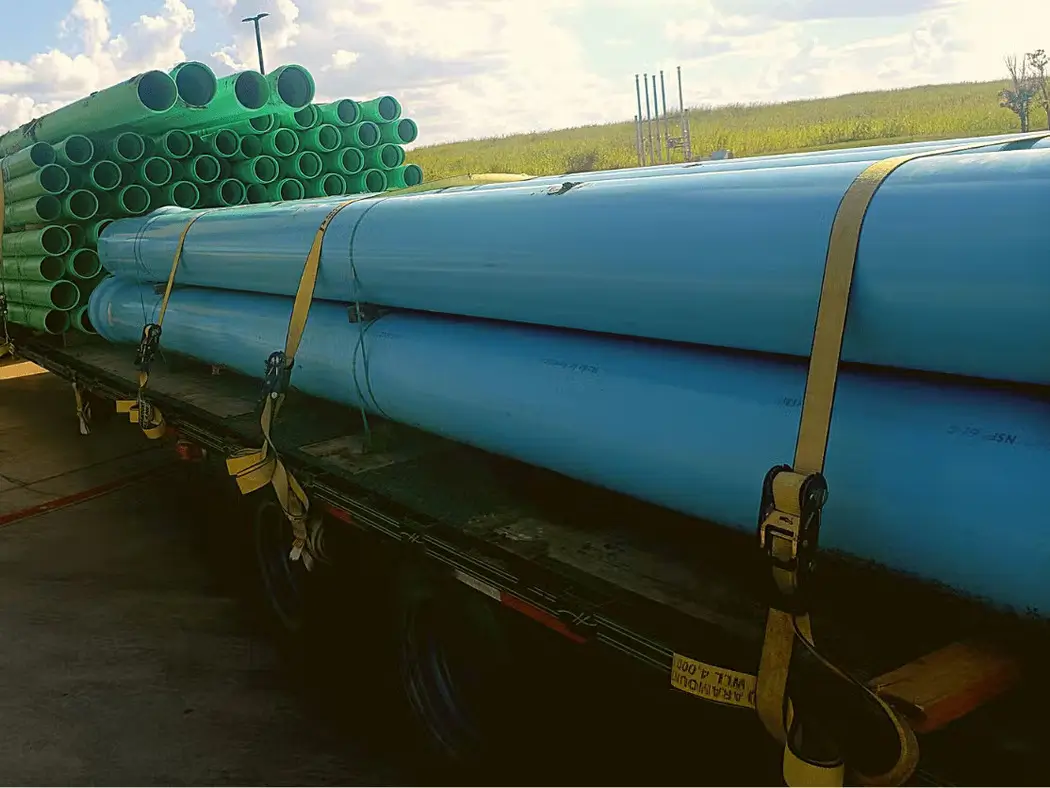
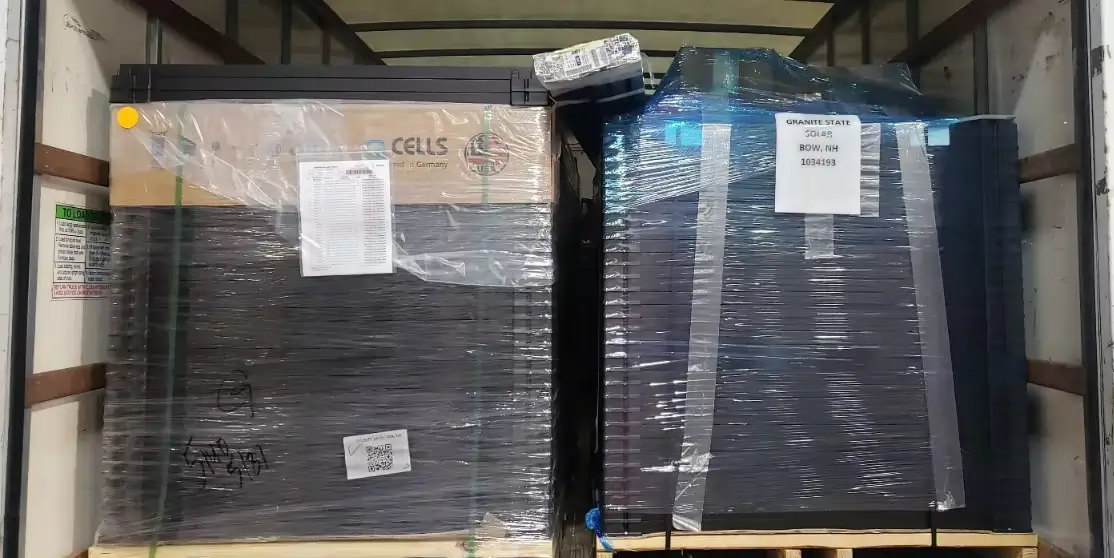
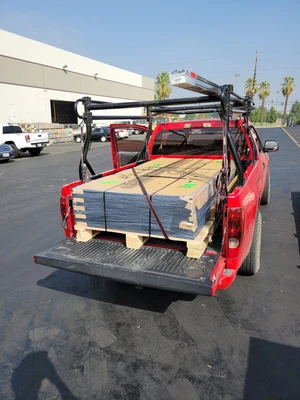
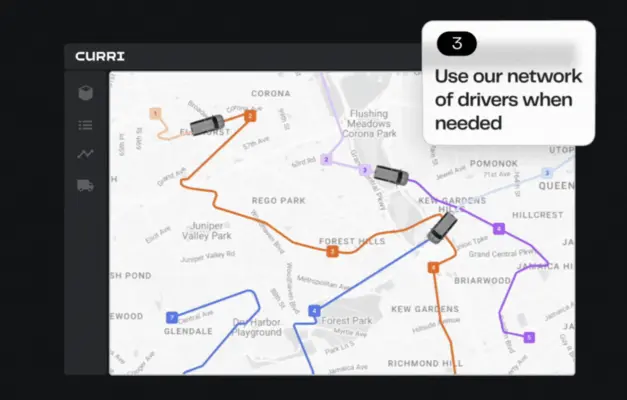


-min.avif)



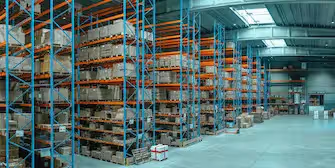

.webp)
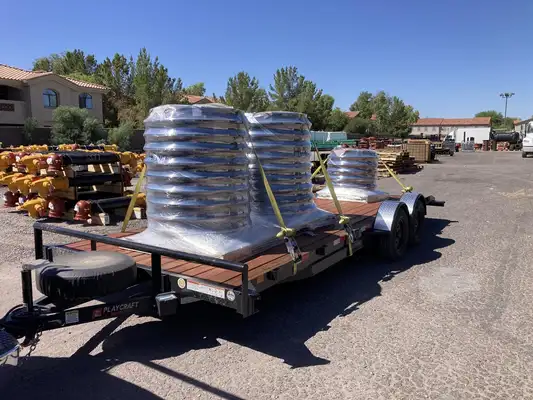
.webp)
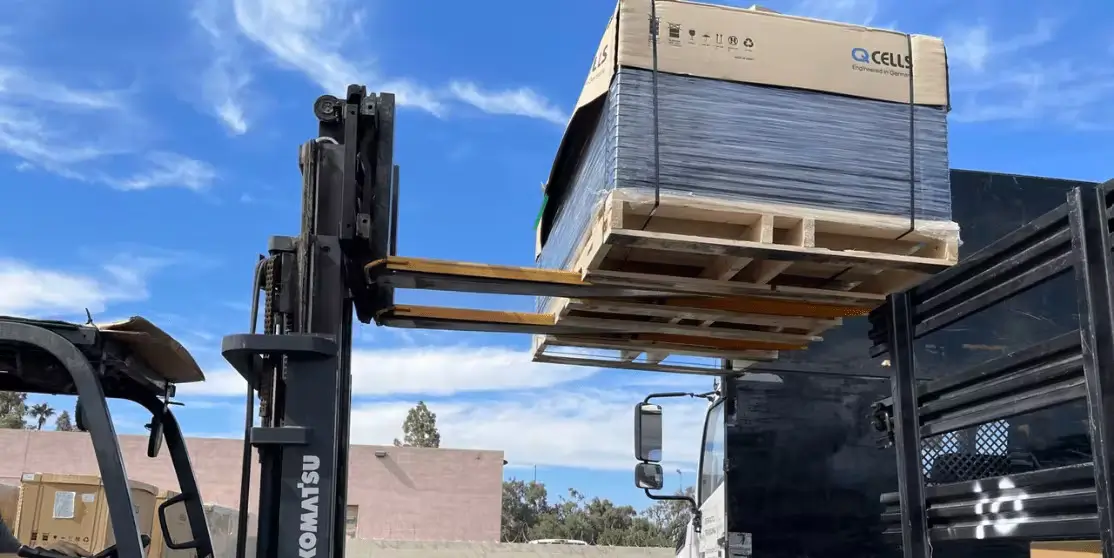
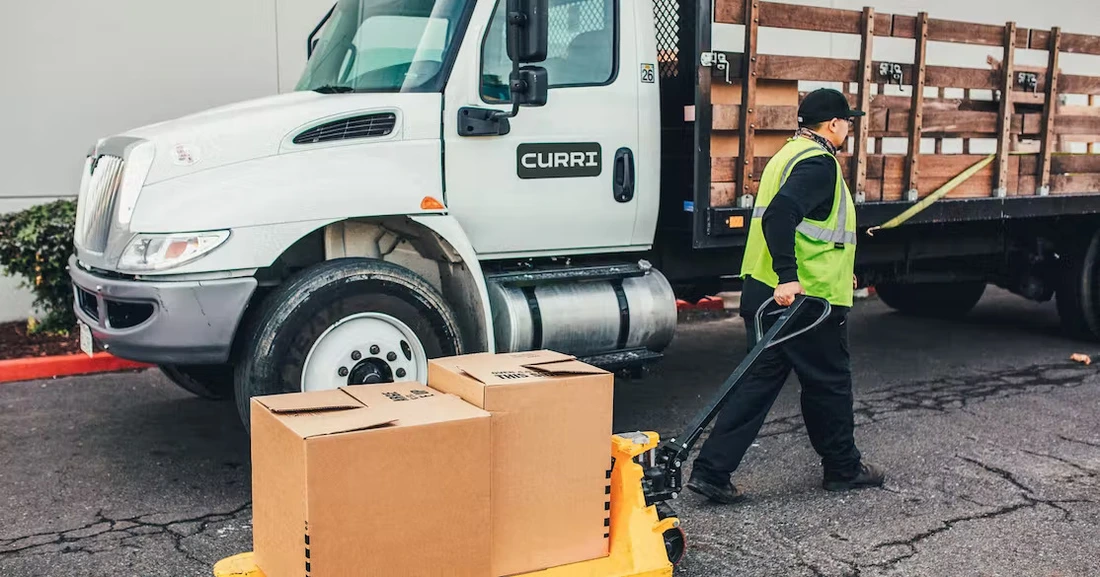
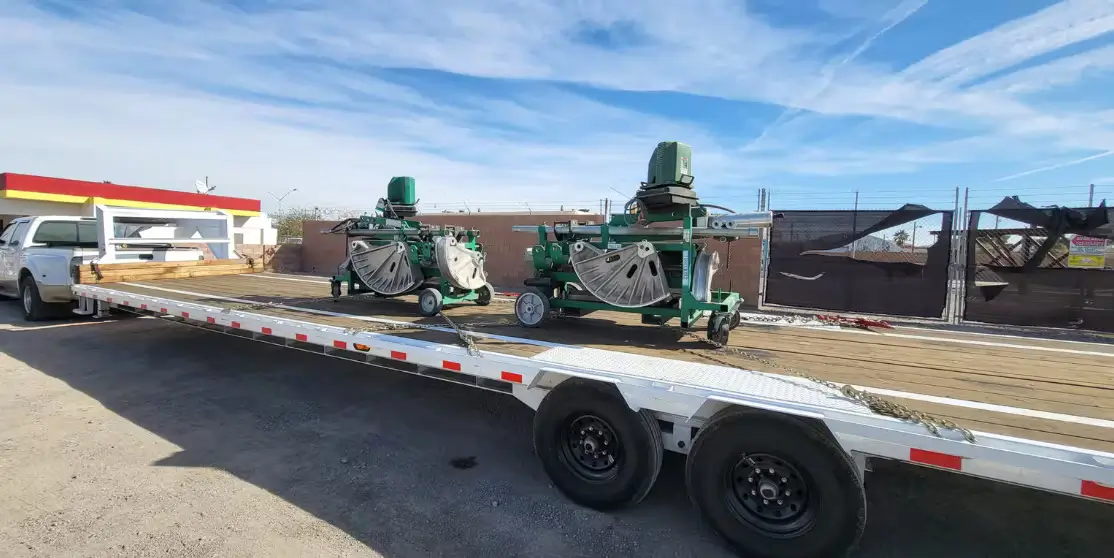
-min.avif)

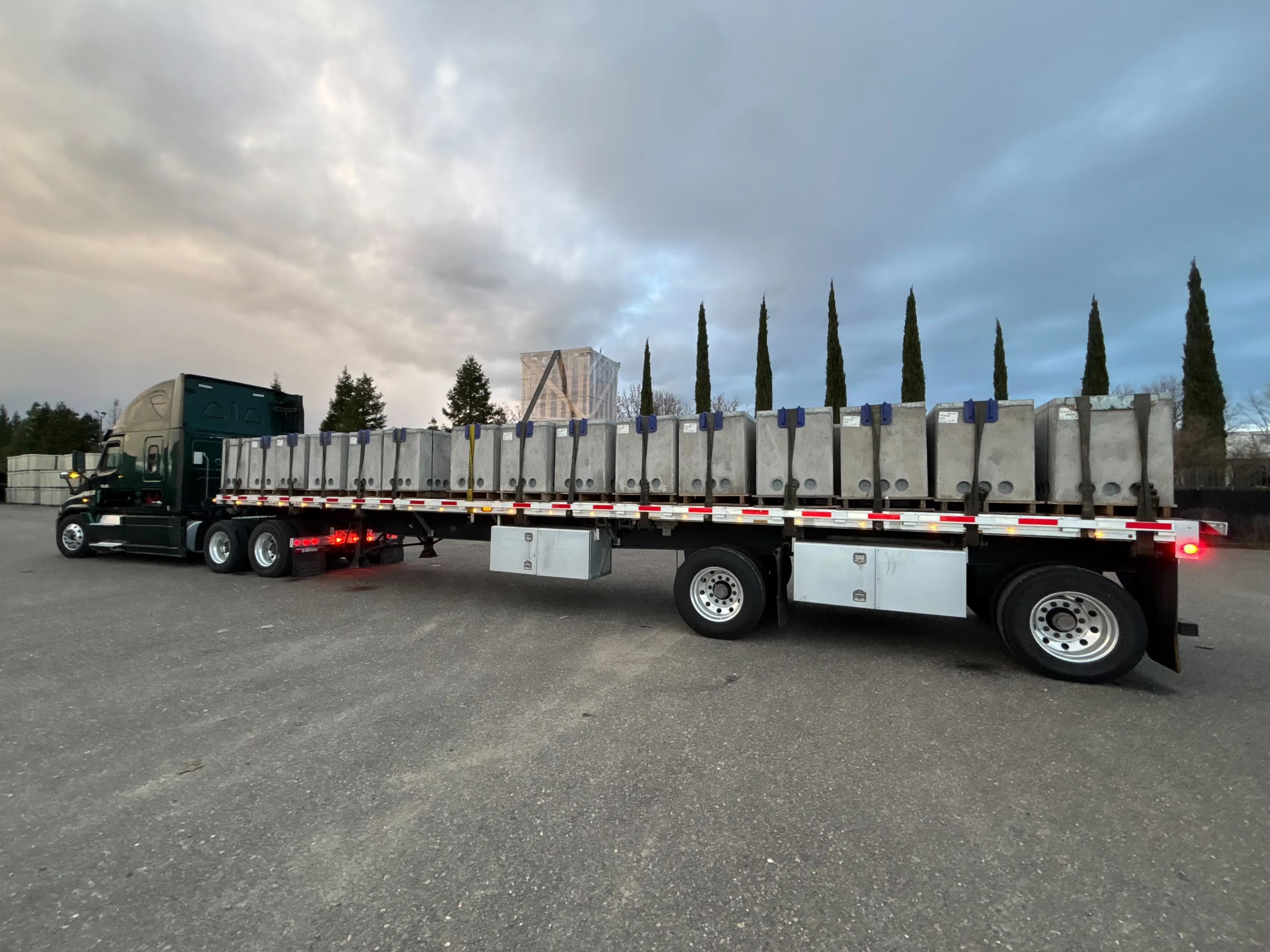

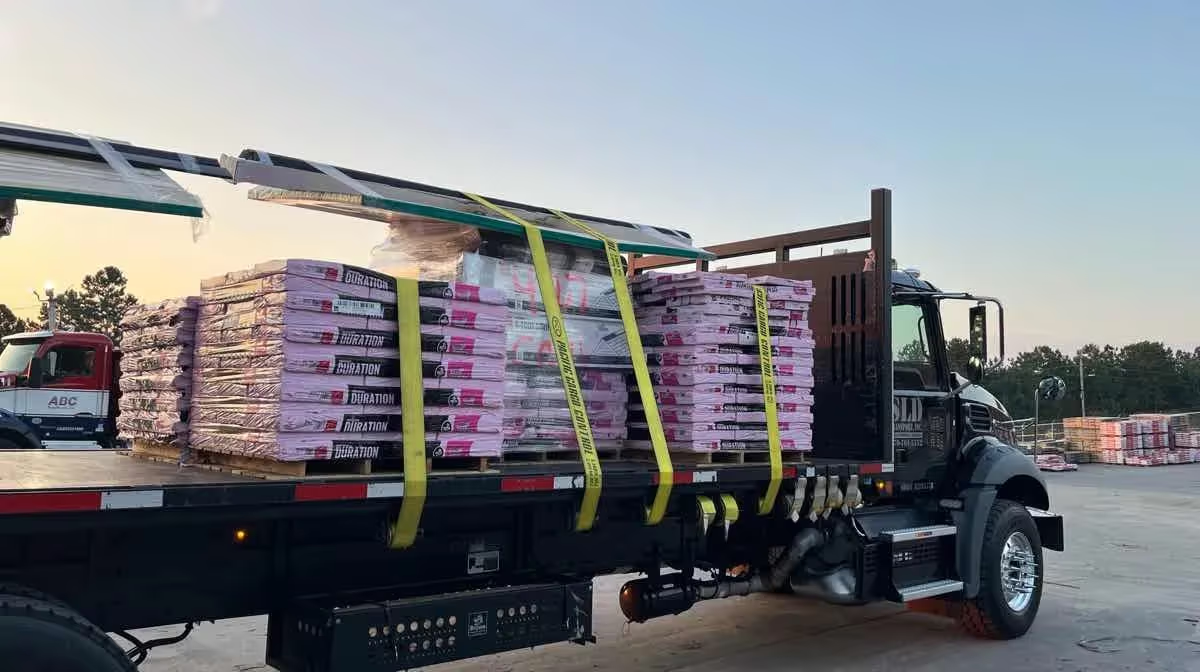
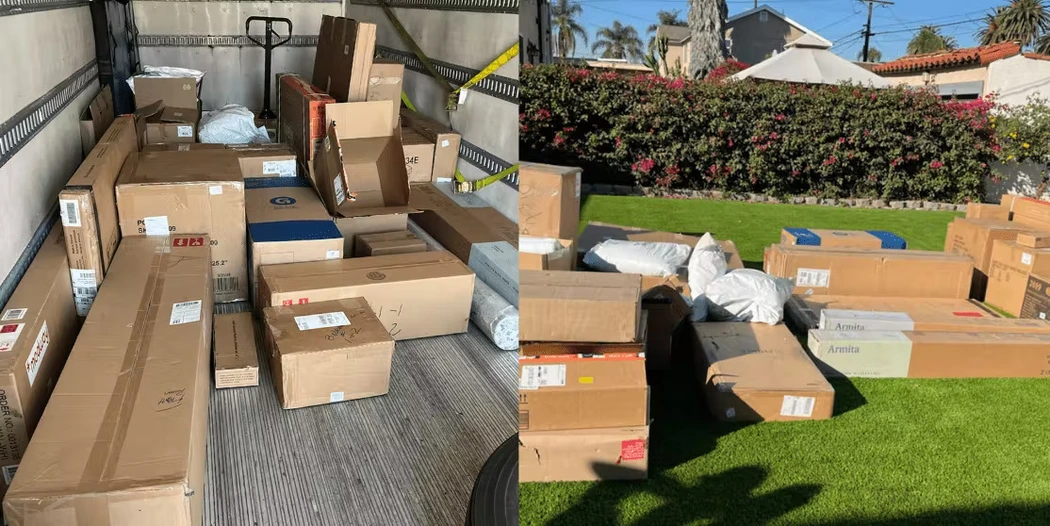
-min.webp)

.webp)
-min.webp)
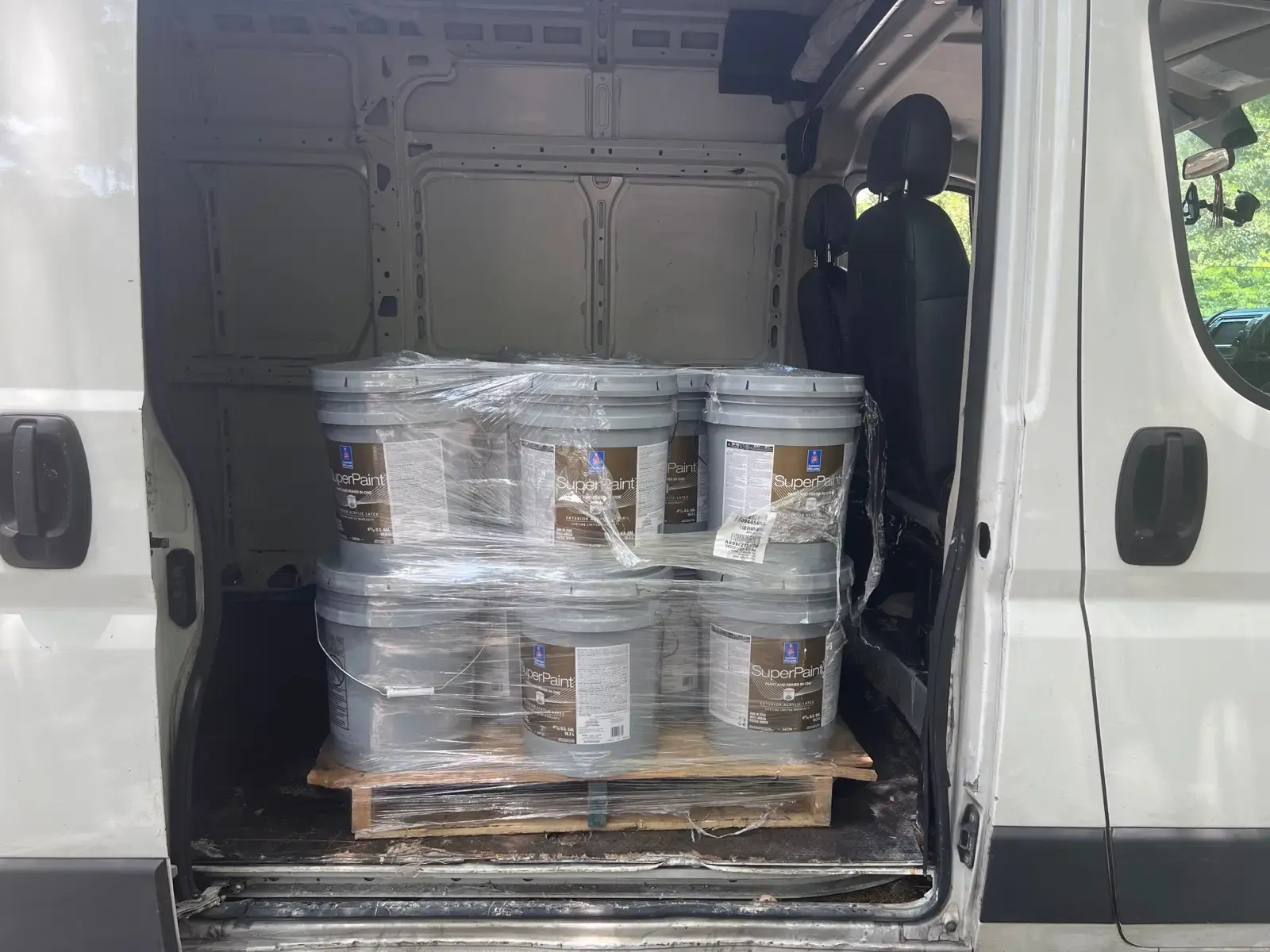
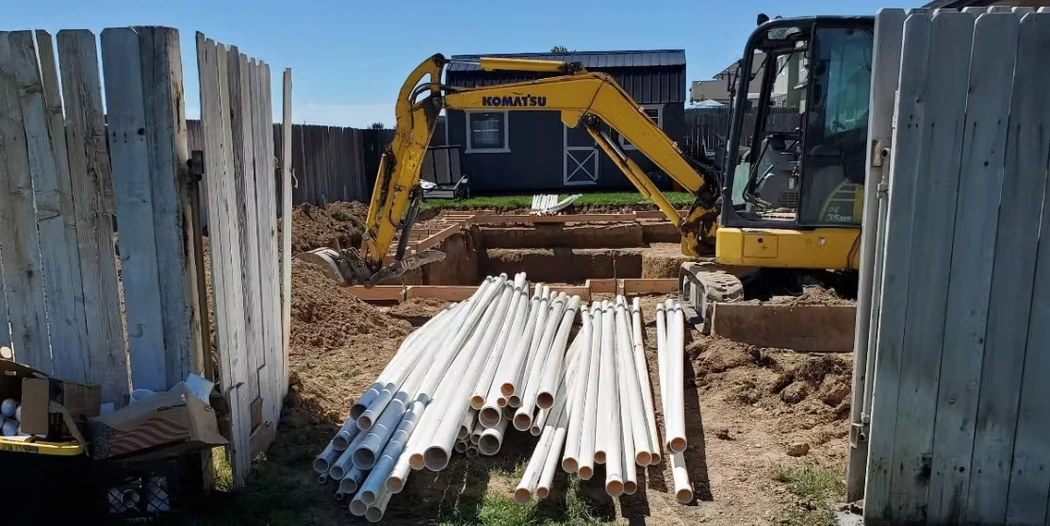

.webp)

.webp)
.webp)
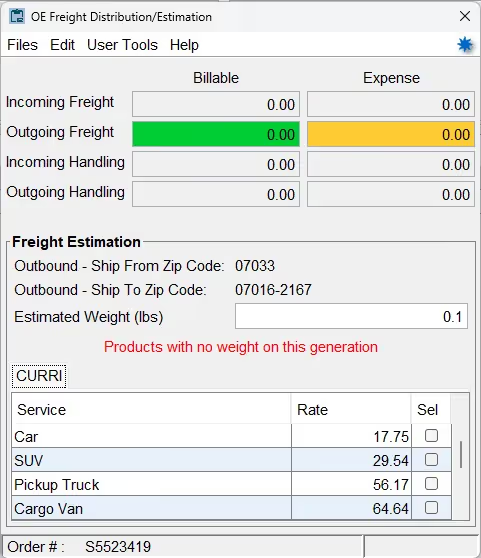
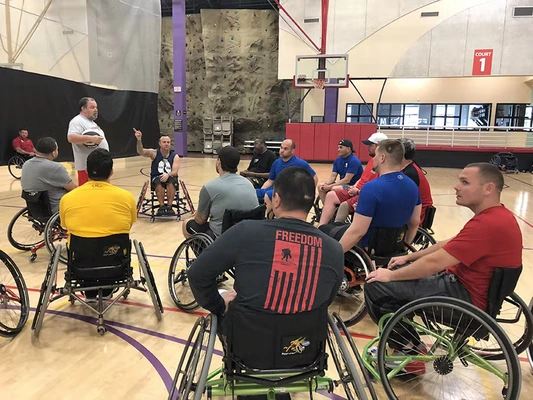
.webp)
